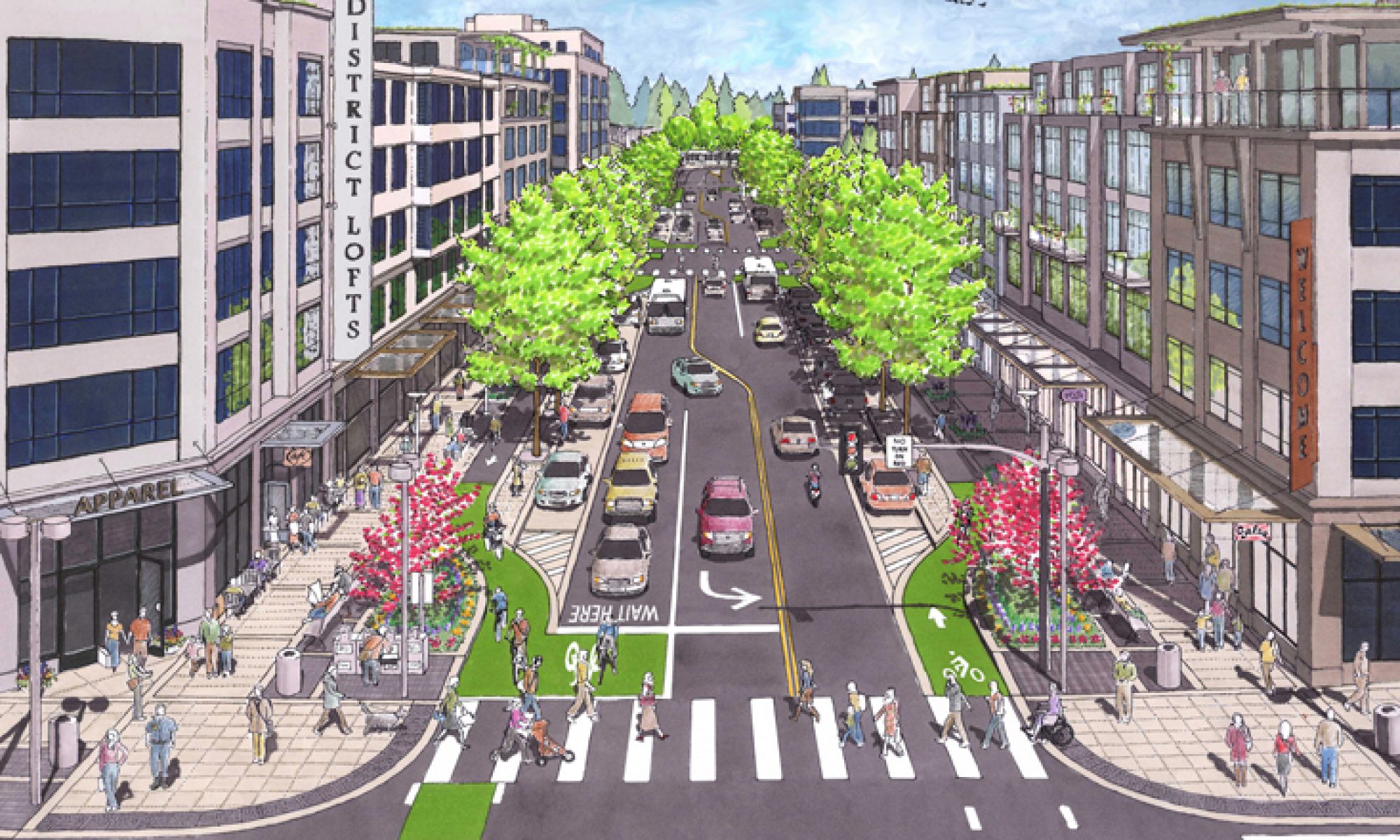Asbury Park Complete Streets Coalition has focused on making the city safer for everyone – streets that are safe for anyone “8 to 80″, in other words, for the most vulnerable. We have worked with the City Transportation Manager and gotten input from the community to create a Plan For Walking And Biking, an evolving plan, which now during the pandemic is adapting to include open streets and other methods of making streets more open to people walking and using micro-mobility, and less accommodating to cars. Cars should be guests in cities, not OWN cities.
Traffic must be slowed, and every effort needs to be made to reduce the need to drive, especially during the pandemic, when people are in need of safe spaces to be able to spend time outdoors for exercise, shopping, and dining.
We are intent upon creating a safe, healthy, and environmentally equitable city, not divided by city streets teeming with traffic.
In cities all over the US, “transportation issues negatively affect people of color” . Highways and roads that cut through, or over, Black, Latino, and immigrant neighborhoods.” Asbury Park’s Memorial Drive, train tracks, and our own Main Street have served to bisect the city into the east and west sides, and maintained the inequity of a city with a history of two faces. But now Main Street is currently nearing the end of a years long DOT reconfiguration, calming traffic and allowing people to walk and ride bikes for transportation and recreation, and a safer Memorial Drive is on the horizon.
Asbury Park Complete Streets Coalition is committed to helping to build infrastructure that enables everyone to safely access the city on foot, a wheelchair, or on a bike or scooter, throughout this time of COVID, and beyond.
This Is Our Chance to Reclaim Cities from Cars
The pandemic has led to an unexpected positive—people reclaiming streets in ways that have made urban America more bikeable, walkable, and enjoyable. Preserving that will take work, but it’s worth it.
“It’s callous to call a global pandemic an opportunity, but the crisis has altered our view of public spaces in ways no other event could. In Denver, which closed several streets to through traffic, that wouldn’t have happened without a catalyst. “If we had tried to roll this out pre-pandemic, we would have been met with opposition,” says Eulois Cleckley, executive director of the city’s Department of Transportation and Infrastructure. “But the situation people were placed in changed their perspective overnight.””
“For walking, cycling, and so-called micromobility options like scooters to really function as everyday transportation choices for more than just hardcore commuters…there has to be a safe route from anywhere in a city to anywhere else.”




